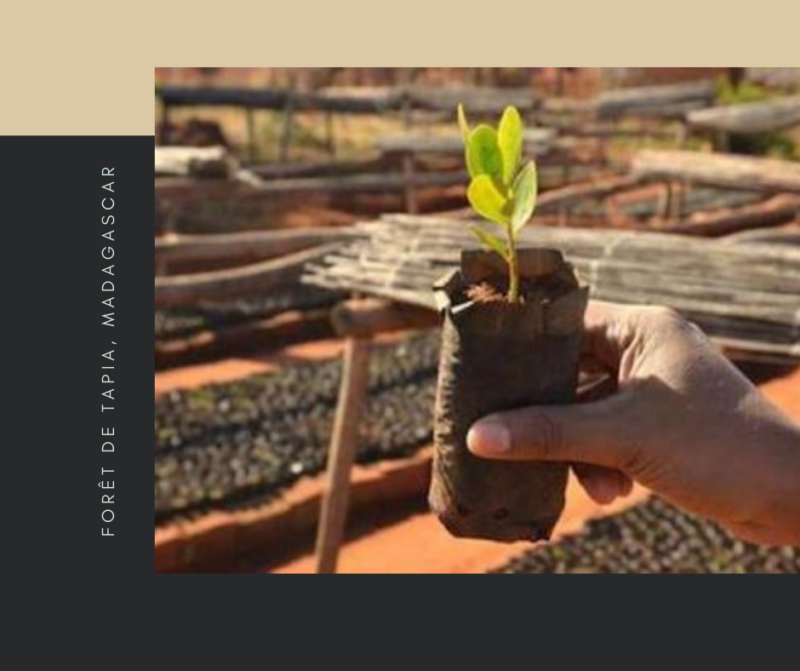But aside from news that adds to digital pollution, what are you doing ?


For three years, continuing on from obtaining the B Corp label, we have been involved in many social, societal and environmental projects! On this last subject, we want to go above and beyond to:
- Limit our own negative impacts as well as those of our ecosystem,
- Increase our positive and regenerative impacts!
We won’t detail all the projects here, but we would like to present four of them:
- We joined up with B Lab Franceand ADEME on the issue of the Step-by-Step ACT (Assessing low Carbon Transition) methodology. Its goal is to go beyond the traditional “measure-reduce-compensate” approach, unite around strong group actions, and work strategically towards a concrete ecological transformation around an ambitious and meticulous approach: https://bit.ly/diRy9sQE
- In 2022, we will immerse our servers in a bath for liquid cooling. With a server heat recovery rate of 96%, we will be able to heat the water that the kitchen uses at Singular (Davidson’s headquarters)!
- We are stepping up our R&D to produce and share open-source digital eco-design solutions (in partnership with INRIA and the GreenIT.fr group):
- The EcoCode project, which consists in developing a Sonarqube plug-in (https://github.com/cnumr/ecoCode) to check that more than a hundred eco-coding rules are applied correctly within a web AND mobile software project (compatible with Java, Python, PhP, JavaScript, CSS and, soon, RUST).
- The Eco-index project: In partnership with our SOPRA colleagues, we are continuing to improve this tool that measures a website’s impact in terms of CO2 and water, among others, as well as the impact of all of its pages. We have added the following features: automatic analyses in DevOps chains and measurements in user journeys via functional tests.
- The Diff-JJoules project: Implement a tool in Java that calculates the impact of a commit on the program’s energy consumption (https://github.com/davidson-consulting/diff-jjoules).
- The Davidson Eco Code project: Draft a methodological guide to reduce the impact of software, infrastructure & telecoms projects
- Planting trees absorbs CO2, and the planet needs it. Sometimes, we call this compensation! However, carbon offsetting can quickly become an excuse to continue to pollute. The most polluting company on the planet could increase its emissions while claiming that planting trees allowed it to “cancel” them out! What this inspires in us:The carbon offset approach is insufficient on its own. Reducing direct and indirect emissions must be the climate strategy’s top priority.
Conversely, we should not refuse to fund forest preservation or restoration projects on the sole basis that reduction should come first!

Davidson’s conclusion:
We have decided to finance the planting of 609,000 trees in Madagascar in 2022, working with our partner Planète Urgence for sequestration equivalent to the GHG emissions of the first six years (2005 – 2011) of Davidson Consulting’s business.
The projects target severely degraded soils, add something to the climate, are subject to methodical and periodic measurement, preserve biodiversity and generate positive social externalities.

